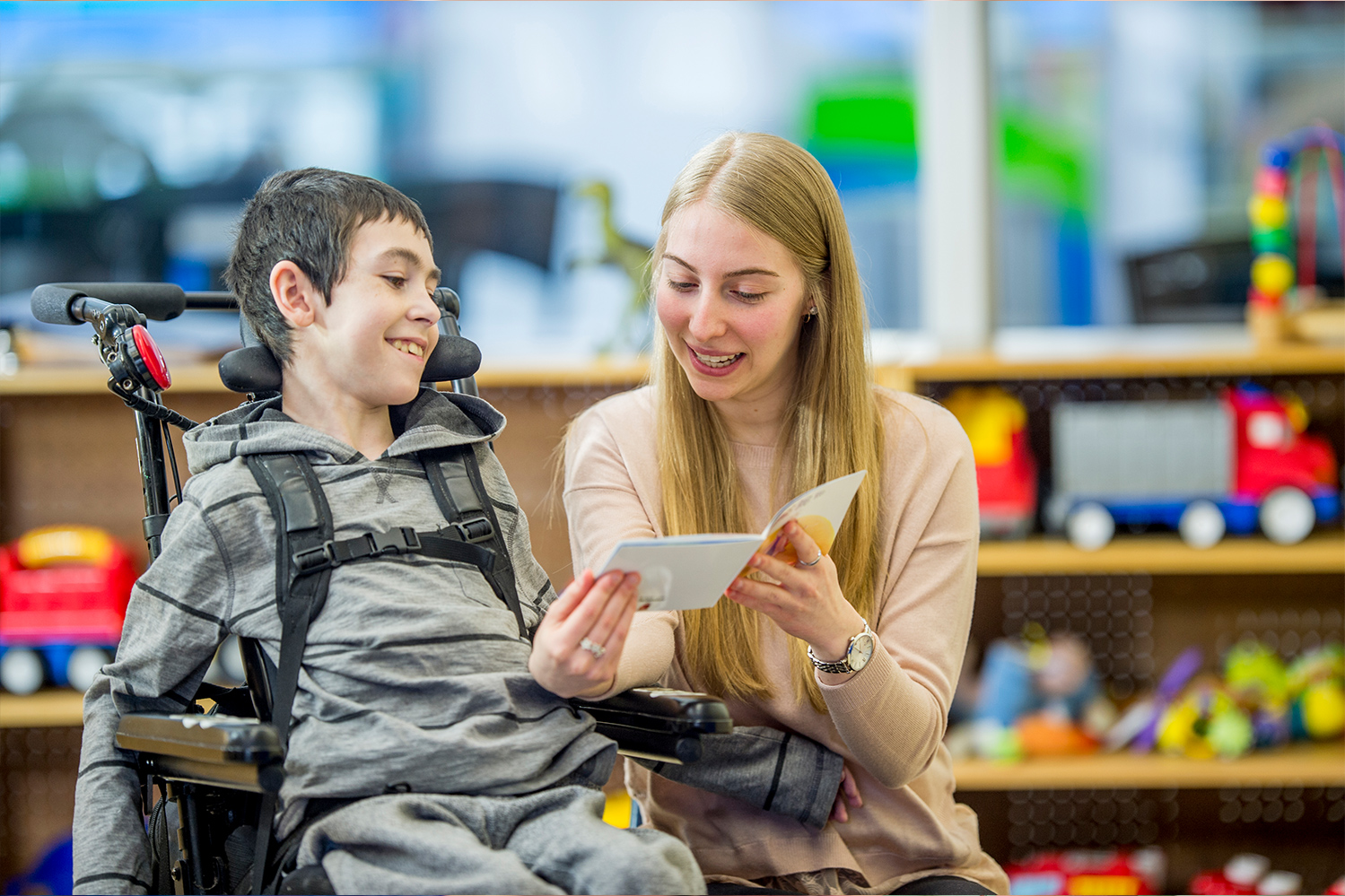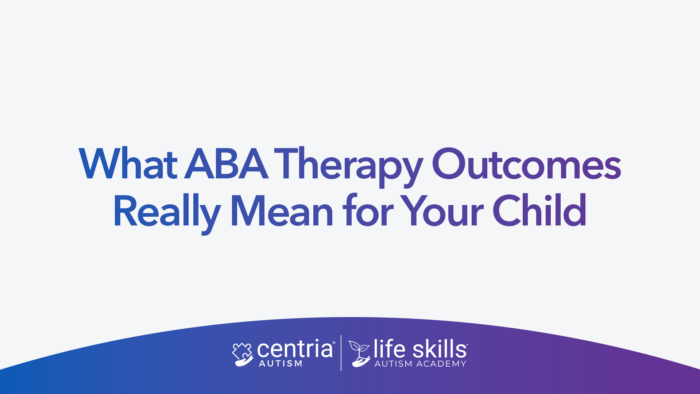Parenting is one of the most emotionally rich journeys a person can undertake. When your child is diagnosed with autism, that journey often takes unexpected turns; filled with both intense love and complex challenges. The emotional side of parenting a child with autism is something rarely talked about in depth, yet it’s a vital part of the experience. The joy, grief, pride, fear, and resilience woven into daily life shape not just how we parent, but who we become.
A Complex Mix of Emotions
Many parents describe the moment they first suspected their child might be different from their peers as the beginning of an emotional rollercoaster. Some feel confusion or denial, especially when early signs are subtle or dismissed by others. A formal diagnosis can bring a sense of clarity; but also a wave of emotions that may include grief, guilt, anxiety, or even relief.
It’s common to grieve the loss of the parenting experience you thought you’d have, or the future you envisioned for your child. That grief doesn’t mean you love your child any less; it simply means you’re human. It’s also possible to feel intense guilt, wondering whether you missed something, did something wrong, or could have done more. These feelings are natural and valid, but they can be heavy to carry alone.
The Pressure to Be Everything
Parents of autistic children often take on multiple roles: caregiver, advocate, teacher, therapist, and more. The pressure to be constantly “on” can be emotionally exhausting. There is often a need to explain your child’s behavior to others, defend your parenting choices, or fight for services and support in educational and healthcare systems. These tasks require emotional labor that isn’t always visible or acknowledged by others.
This constant advocacy, while empowering, can also lead to burnout. It’s important to recognize that you can’t pour from an empty cup; self-care isn’t selfish, it’s necessary.
Joy and Growth in the Unexpected
Amid the challenges, parenting a child with autism often brings a unique kind of joy. Many parents talk about the beauty of seeing the world through their child’s eyes, finding delight in moments that others might overlook. A single word, a shared gaze, or a new skill learned can feel like a monumental victory; because it is.
Children with autism often possess incredible strengths and perspectives. As a parent, you may find yourself growing in patience, creativity, and resilience. You learn to appreciate progress over perfection and redefine success on your own terms. These lessons often extend far beyond parenting; they transform your relationships, your values, and even your worldview.
The Loneliness No One Talks About
Despite the love and growth, many parents feel isolated. Social events, family gatherings, or even day-to-day errands can feel daunting. Friends may not understand. Extended family may offer unhelpful advice or minimize your child’s needs. You may start avoiding social settings altogether; not because you want to, but because it’s emotionally easier.
This isolation can be one of the hardest emotional burdens to carry. That’s why building a community; whether through support groups, online forums, or trusted professionals, is so important. You are not alone, even when it feels like it.
The Importance of Support
Seeking emotional support is not a sign of weakness; it’s an act of strength. Talking to a counselor, connecting with other parents, or simply allowing yourself to feel what you feel without judgment can be healing. Therapies and interventions for your child matter; but so does your emotional well-being. You matter.
Support also means asking for help. It can mean saying “yes” when someone offers to babysit, or “no” when you’re at your limit. It’s okay to rest. It’s okay to cry. And it’s more than okay to celebrate every small win; yours and your child’s.
Closing Thoughts
Parenting a child with autism is not a one-note experience. It’s layered, emotional, and deeply human. It demands more from you than you thought you had to give; but it also gives back in ways you never imagined. There will be hard days. There will be beautiful days. And through it all, there will be love; the kind that grows stronger, deeper, and more compassionate every day.
You’re doing better than you think. And you’re not alone.
About the Author
This blog was written by Casey Russ, M.Ed., BCBA, LBA. Casey is a Board Certified Behavior Analyst, proud mom of two, and a trusted guide for all things Autism, ABA, and navigating services with heart (and a little humor). She serves as the Area Director of Clinician Development at Centria Autism, where she supports both new and seasoned clinicians in developing their skills while keeping client care compassionate and collaborative.
With a background in education and a passion for trauma-informed, assent-based care, Casey believes meaningful progress begins with strong relationships—whether between a therapist and a child or a supervisor and their team. When she’s not coaching future BCBAs or geeking out over OBM systems, she’s usually chasing her doodle Kevin, trying to keep her houseplants alive, or writing about the heart and humor behind the science.






